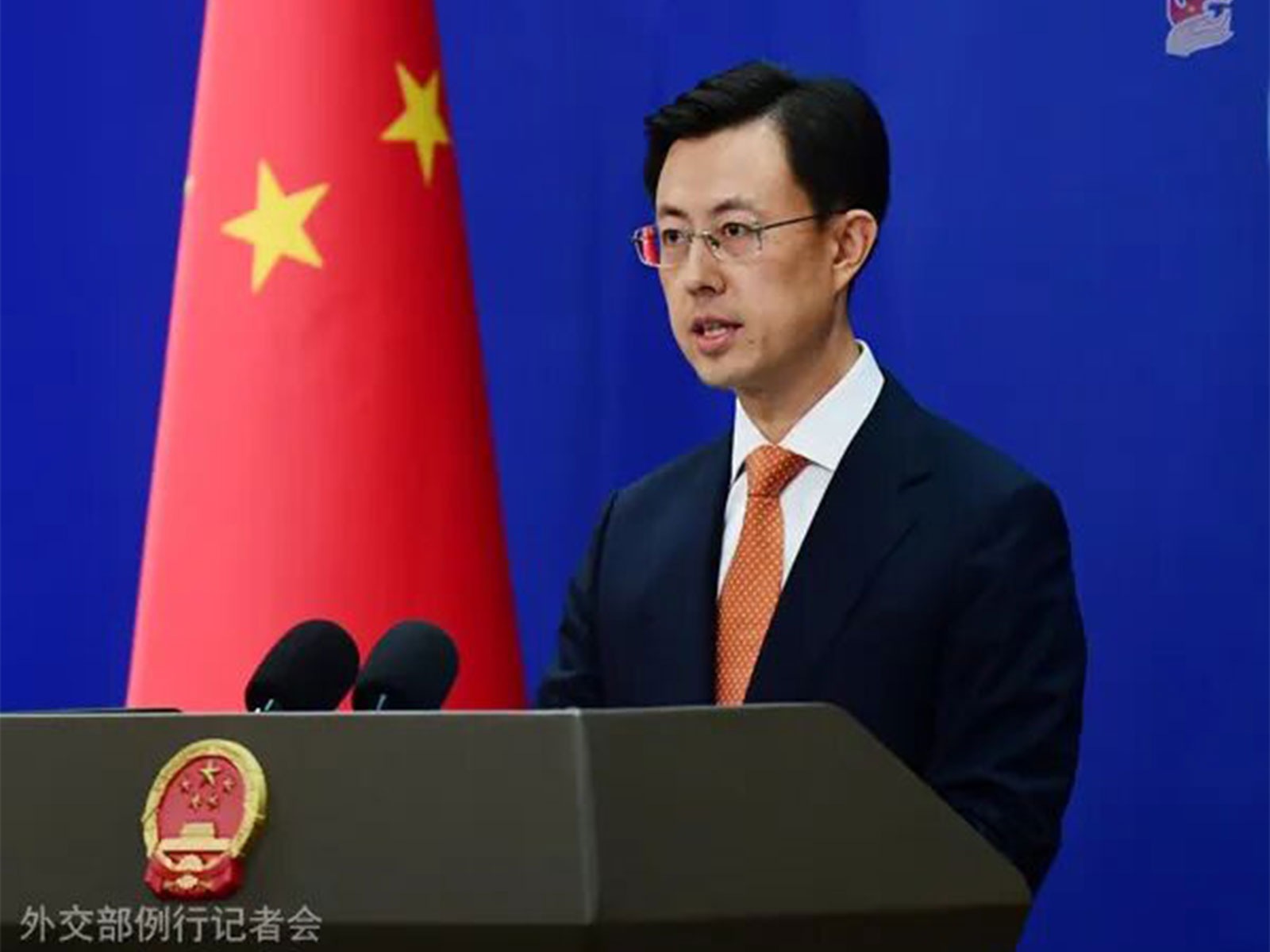China Invites Global Talent as New Visa Policies Unfold
China has announced new visa regulations to attract international talent, especially in science and technology. Emphasizing the importance of cross-border talent exchange, the new 'K visa' offers extended flexibility. The move comes amid the U.S. tightening its H-1B visa policies with increased processing fees.

- Country:
- China
China has unveiled a series of initiatives aimed at attracting global talent to bolster its technological and economic development. During a press briefing, China's Foreign Ministry Spokesperson, Guo Jiakun, underscored the vital role of cross-border talent exchange in today's globalized world. This initiative serves as a testament to China's dedication to fostering innovation and providing career opportunities for international professionals.
"In a globalised world, cross-border flow of talents is instrumental in global technological and economic advancement. China welcomes talents from various sectors and fields across the world to come and find their footing in China for the progress of humanity and career success," stated Guo Jiakun. His remarks come shortly after U.S. President Donald Trump introduced a significant overhaul of the H-1B visa petitions.
The U.S. has imposed a hefty USD 100,000 fee on new H-1B visa applications, a steep rise from the previous USD 1,500. This new regulation, effective after September 21, affects only new applicants or those entering the lottery, with existing visa holders remaining unaffected. In contrast, China's new 'K visa' category aims to attract young science and technology professionals, as confirmed by the recent amendment to the country's entry and exit regulations.
Effective October 1, the new visa policies provide the 'K visa' under China's ordinary visa classifications, signed into law by Premier Li Qiang. Targeted at eligible young sci-tech professionals, the visa offers greater flexibility, including multiple entries, extended validity, and longer stays than China's existing 12 standard visa types.
Holders of the K visa will engage in academic and cultural exchanges, scientific research, technology development, and entrepreneurship. Crucially, applicants are not required to secure an invitation from a Chinese institution or employer, allowing for independent applications that meet age, education, and experience criteria through a streamlined process.
(With inputs from agencies.)
ALSO READ
New Delhi Leads with Modern Sanitation Innovations Under 'Sewa Pakhwada'
India's STEM Shift: Paving the Way for Innovation
World Food India 2025 to Showcase India as Global Food Innovation Hub
Offshore Strategy Shields Happiest Minds from H-1B Visa Fee Impact
India's Startup Surge: Climbing the Global Innovation Ladder










